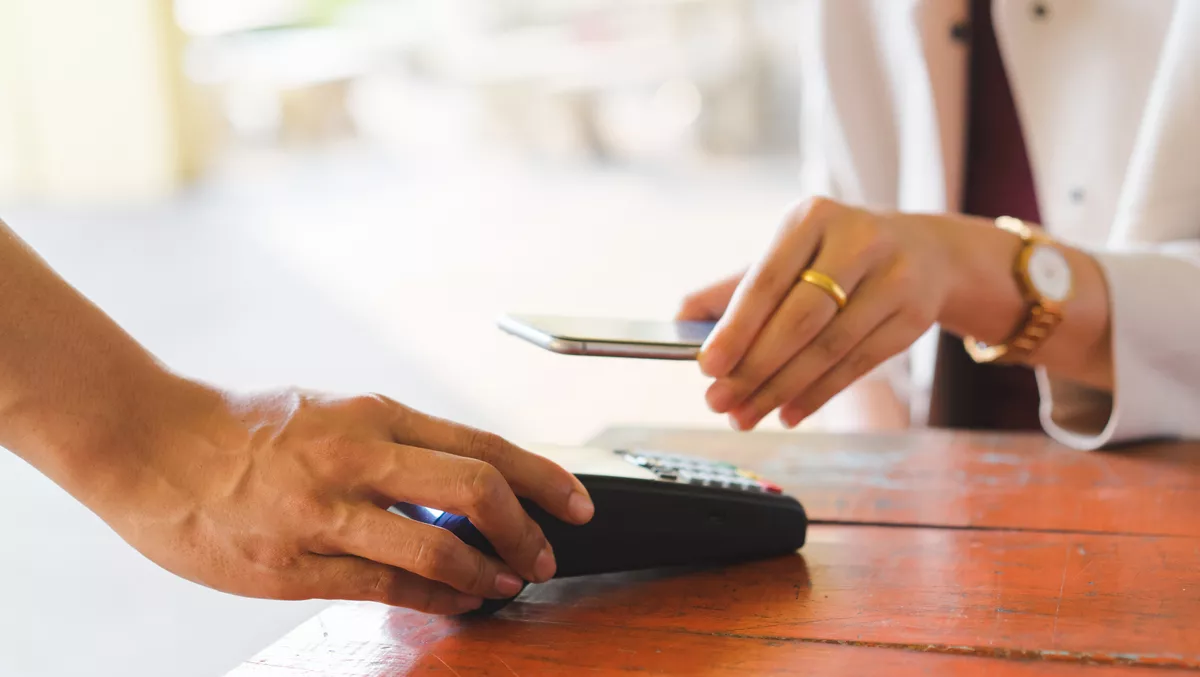
Software technology company Synthesis lays out five ways COVID-19 has changed our behaviour and the payment solutions designed to meet the new criteria.
According to Accenture research, changed behaviour brought on by COVID-19 will remain long after the pandemic has passed, with 95% of consumers making significant and enduring changes in their behaviour.
Kim Furman, Synthesis marketing manager, says the companies, including retailers and banks, that will excel in 2022 will rapidly move in the direction of this change instead of driving against it.
"COVID-19 is many horrific things, but it is also an accelerator of progress," she says.
"Perhaps we would have got to the same place eventually, but it would have taken years. Compare this to the mere weeks it took us to adapt to remote work globally. Payment schemes, Visa, Mastercard and American Express, have driven this change with what is known as tap on phone or tap to phone payments where any person can turn an Android phone into a payment acceptance device within minutes."
She says only a handful of providers globally are authorised by these schemes to provide this solution. Customers need to merely tap their card on the merchant's phone to make a purchase.
How our behaviour has changed:
1. True customer-centricity
Furman believes COVID-19 has amplified true customer-centricity. She says previously, retailers would come to consumers' cars to deliver goods through click and collect services, but COVID-19 amplified this. Click and collect was suddenly a standard from large retailers to hairdressers selling hair dye. The retailer now revolves around the consumer, with customers now going to them, when before it was generally the other way around.
"Payment methods like 'tap on phone' allow every retailer to excel with click and collect," says Furman.
"Whether they have hundreds of orders on Monday and mere tens on Tuesday, they don't need to scale their POS devices. They only need to ensure their staff have downloaded a tap on phone app to accept payments and take their phones to the cars."
2. Fast shopping
Many consumers have become crowd adverse. "When we're in the shops, we often want to make it a fast experience," says Furman. "Queues aren't something we want to deal with anymore."
She says it comes back to customer-centricity. "We've always gone to stand in a queue in an allocated part of a shop. If retailers' phones are payment devices, then their staff can come to us in the aisles and let us pay right there, eliminating queuing and time wastage."
3. Minimal touch
Pre-COVID-19, many customers wouldn't have thought twice about inserting their cards into a POS device. In 2020, approximately eight out of ten people in a Mastercard Global Consumer Survey said they are using contactless. Furman believes our behaviour has shifted. She says when a device is not to tap to pay, it seems inconvenient, outdated and unhygienic.
"This normalisation of contactless payments or the tap means we expect solutions with minimal touch and fast engagement, making this tap technology ideal," she says.
4. Reduced cash
While cash is no longer king, it's certainly not dead, but usage is diminishing. According to Furman, POS devices can be expensive. Tap on phone technology removes this burden to entry and creates more opportunities for small merchants to accept card payments and consumers to have to touch money less.
5. Using cards to pay for small amounts
According to Mastercard, the small payments that used to be dominated by cash have now crept into the card space, with 80% of payments being less than $25.
"This behaviour change creates an opportunity for informal and small businesses who trade in smaller amounts to accept card payments," says Furman.
"With a large smartphone penetration rate, these merchants will be able to easily download an app and start accepting payments on their phones.
She says our expectations and behaviours have changed. "Innovative companies are starting to listen, bringing in the dawn of smart, truly customer-centric, instant technology. Whatever 2022 will bring, rest assured, it will bring further progress."
